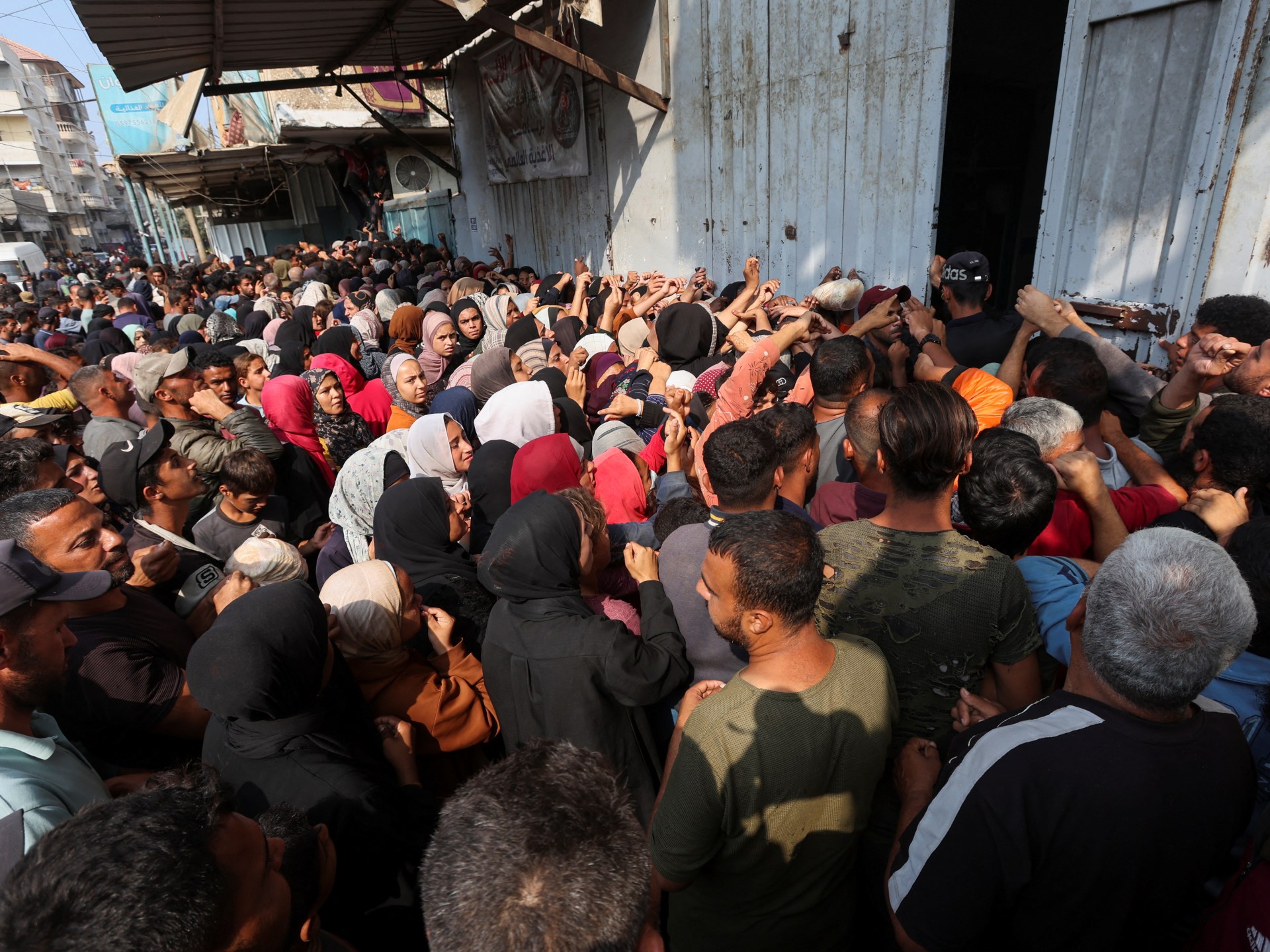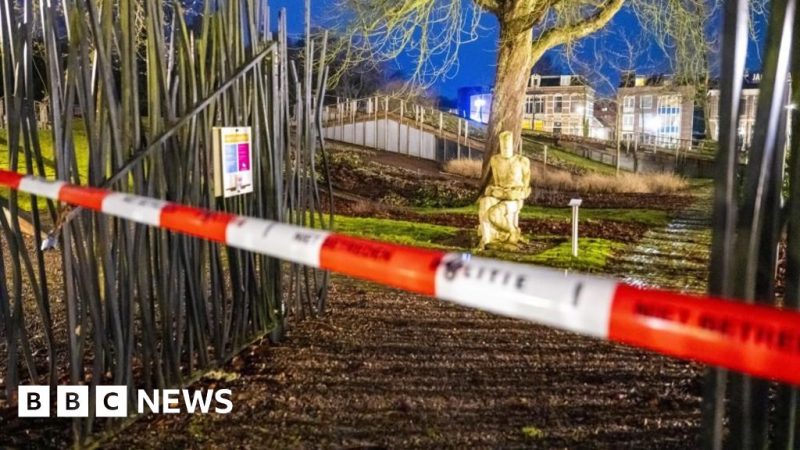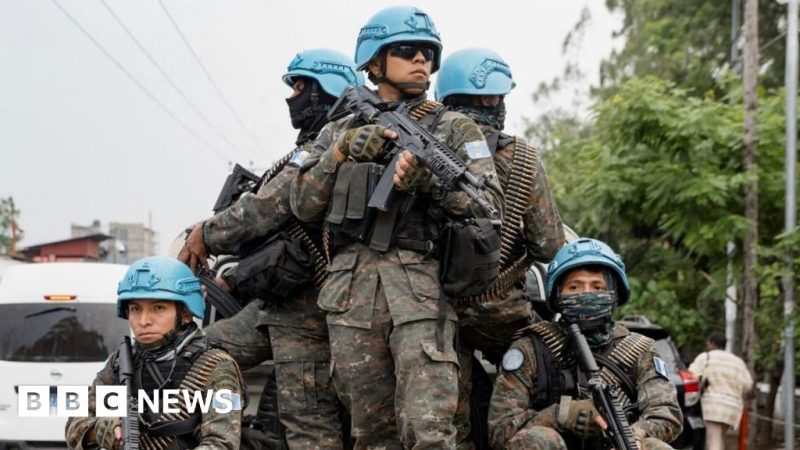No food, no sleep, no hope in Gaza | Israel-Palestine conflict

I have spent a total of four years in Gaza, six months of them during the ongoing war. I have never felt so helpless in the face of the formidable war machine that shoves a new bullet into its gun as soon as it has fired the previous one, while having a seemingly unlimited supply of ammunition.
In September, I spoke to a matriarch who ran a shelter for displaced people in Khan Younis. I asked her what hope she had about the prospect of peace. She pointed at a small girl holding her mother’s hand and sucking her thumb. “Her father was killed when their house was bombed five days ago, and they’ve not been able to retrieve his body from the rubble because the area is under constant fire,” she said. “What hope?”
In hopeless Gaza, sleep is among the most precious commodities. Back in January, we would run to the window to watch the plume of smoke painting the sky after a particularly loud and close hit. But with time, they have become so commonplace that hardly anyone bothers to look any more.
On an average night in my neighbourhood in Deir el-Balah, bombardment would start at night, just as people would prepare to try to sleep. We would hear the whistling of a missile and then a loud explosion, shaking the windows. The blast would wake up the local dogs, the donkeys, the babies and any other soul who dared to sleep, starting a chain reaction of barking, crying and other agitated noises. More bombs would come that would then be followed by various types of gunfire until all quiets down for a short while. The dawn call to prayer would usually trigger another series of attacks.
The apocalyptic scenes that everyone sees on TV are even more harrowing in person. I often find myself deleting photos and videos from my phone because the camera does not do justice to just how grotesque the surroundings appear to the naked eye.
In person, the visuals are accompanied by a slew of sounds. This includes the now-daily ritual of people fighting for bread at the nearby bakeries as food supplies are dwindling, amid the almost total cut-off of commercial goods and the persistent and paralysing restrictions on the entry of humanitarian assistance. Just the other week, a woman and two girls suffocated after being trampled in front of a bakery when a fight broke out because there was not enough bread for everyone.
My dear friend Khaled, who runs community kitchens across Gaza, worried that soon there would be no food at all and his kitchens would have to close. I struggled to find anything helpful to say to him given the reality around us and would cry every time we spoke, as I too was losing hope. “Don’t cry, Olga,” he always said. “Be strong, like we are.” Indeed, the strength of Palestinians is unparalleled.
In November, the Famine Review Committee, an ad hoc body of international technical experts that reviews classifications of potential famine identified by the United Nations and other actors, published a report, ringing another alarm over the imminent threat of famine, particularly in the beleaguered north of Gaza. Since then, things have only been getting worse. On several occasions, I saw people scooping up dirty flour that had spilled on the road after some bags of flour had fallen off an aid truck.
Prioritising the most vulnerable in Gaza is a hopeless task since there is almost no aid to provide. With 100 percent of a population of about 2.3 million people in need, do you choose to help a pregnant woman, a domestic violence survivor, or someone who is homeless and disabled? Do you look for all of these risks in a single person? The agony of these choices will keep us awake long after our jobs in Gaza end.
During the months we have spent in Gaza, my colleagues and I have witnessed so much pain, tragedy and death that we are at a loss for words to convey the horror. We have picked up dead bodies from the side of the road – some still warm and bleeding profusely, others with rigor mortis, half-eaten by dogs.
Some of these bodies were young boys. Boys who were killed senselessly, some of them dying slowly as they bled out, terrified and alone, while their mothers agonised over why their sons had not come home that night. For the rest of the world, they became just another number in the grim statistic of people killed in Gaza so far – now more than 45,500, according to the Ministry of Health.
In the rare moments of quiet and between the chaos of constant crises, I reflect on everything around me and ask myself: “What hope?”
The views expressed in this article are the author’s own and do not necessarily reflect Al Jazeera’s editorial stance.





